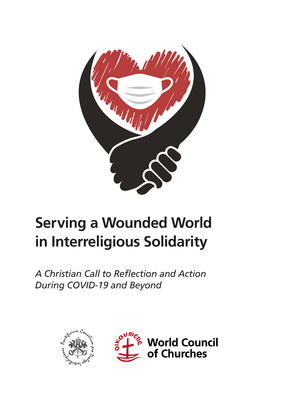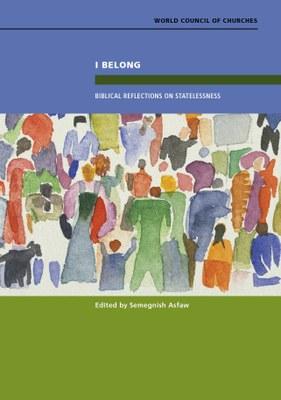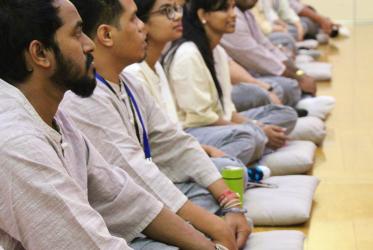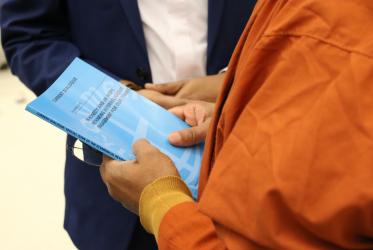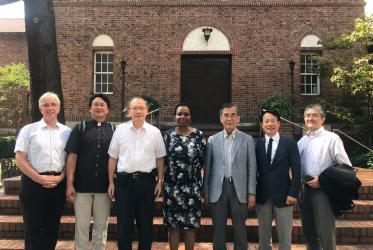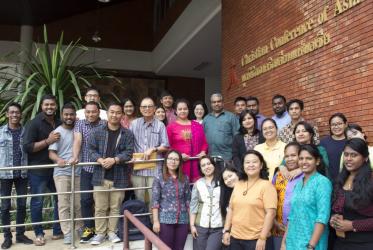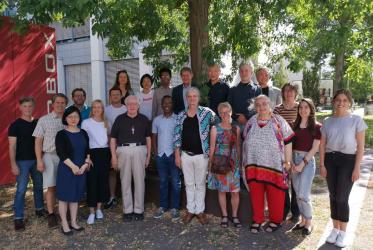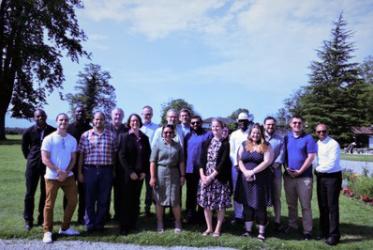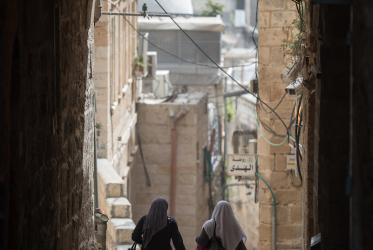Displaying 41 - 60 of 199
Survey opens for WCC member churches on interreligious relations
30 October 2020
Serving a Wounded World in Interreligious Solidarity
A Christian Call to Reflection and Action During COVID-19 and Beyond
25 October 2020
I Belong: Biblical Reflections on Statelessness
Biblical Reflections on Statelessness
12 October 2020
Festivities and dialogue launch new WCC journal
07 February 2020
In Japan, spirit of koinonia deepens
26 September 2019
In Korea, young ‘stewards of hope’ forge ahead together
19 September 2019
Bossey gathers students for interreligious dialogue
02 July 2019

